homemade dog food ingredients
Homemade Dog Food Ingredients
There are many different ingredients that can be used to make homemade dog food. Some of the most common include:

- Meat: This is the main ingredient in most homemade dog food recipes. The type of meat used will depend on your dog's individual needs and preferences. Some good options include beef, chicken, lamb, and fish.
- Vegetables: Vegetables are a good source of vitamins, minerals, and fiber for dogs. Some good options include carrots, peas, green beans, and sweet potatoes.
- Fruits: Fruits are also a good source of vitamins, minerals, and fiber for dogs. Some good options include apples, bananas, strawberries, and blueberries.
- Grains: Grains can provide dogs with carbohydrates, protein, and fiber. Some good options include brown rice, oats, quinoa, and barley.
- Oils: Oils can provide dogs with essential fatty acids, which are important for their overall health. Some good options include olive oil, canola oil, and fish oil.
In addition to these basic ingredients, you can also add other ingredients to your homemade dog food, such as yogurt, kefir, eggs, or cottage cheese. Just be sure to avoid any ingredients that are toxic to dogs, such as onions, garlic, chocolate, and grapes.
When making homemade dog food, it's important to follow a few basic guidelines. First, make sure that the food is balanced and provides your dog with all the nutrients they need. Second, cook the food thoroughly to kill any harmful bacteria. Third, store the food properly so that it stays fresh.


If you're not sure how to make homemade dog food, there are many resources available to help you. You can find recipes online, in books, and from your veterinarian. You can also talk to a veterinary nutritionist to get personalized advice on how to feed your dog.
Making homemade dog food can be a great way to provide your dog with a healthy and nutritious diet. Just be sure to follow the guidelines above to ensure that your dog is getting the nutrients they need.

Tips for Making Homemade Dog Food

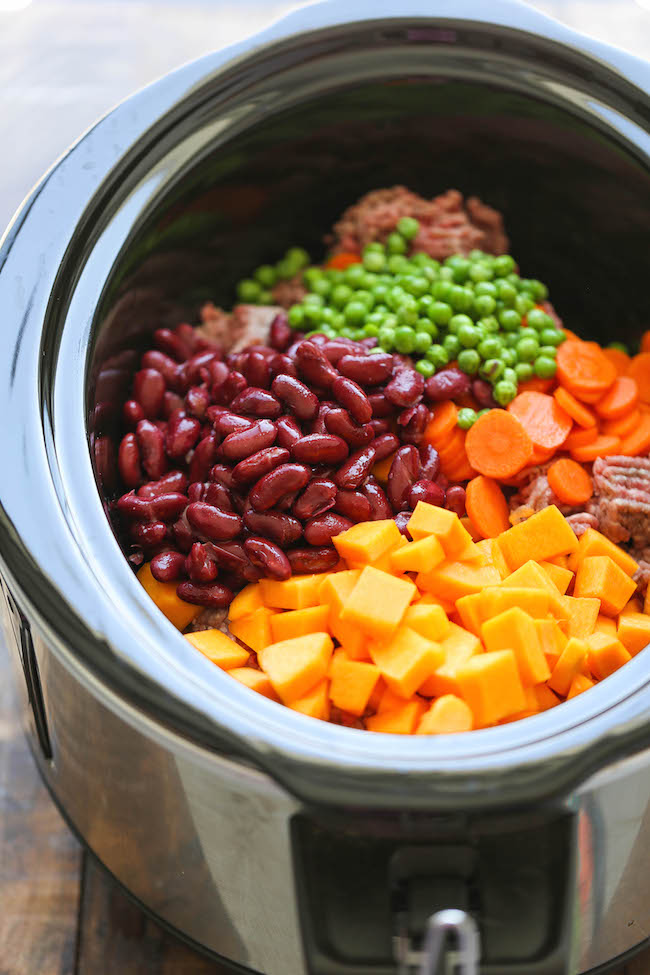
Here are a few tips for making homemade dog food:
- Start with a recipe: There are many different recipes available for homemade dog food. Start with a recipe that is balanced and provides your dog with all the nutrients they need.
- Use fresh ingredients: Fresh ingredients are best for homemade dog food. This means using meat that is not frozen, vegetables that are not canned, and fruits that are not dried.
- Cook the food thoroughly: It's important to cook the food thoroughly to kill any harmful bacteria. Cook the meat until it is no longer pink and the vegetables until they are soft.
- Store the food properly: Store the food in an airtight container in the refrigerator or freezer. Homemade dog food can be stored in the refrigerator for up to 3 days or in the freezer for up to 3 months.
- Talk to your veterinarian: If you're not sure how to make homemade dog food, talk to your veterinarian. They can help you create a balanced diet that is right for your dog.
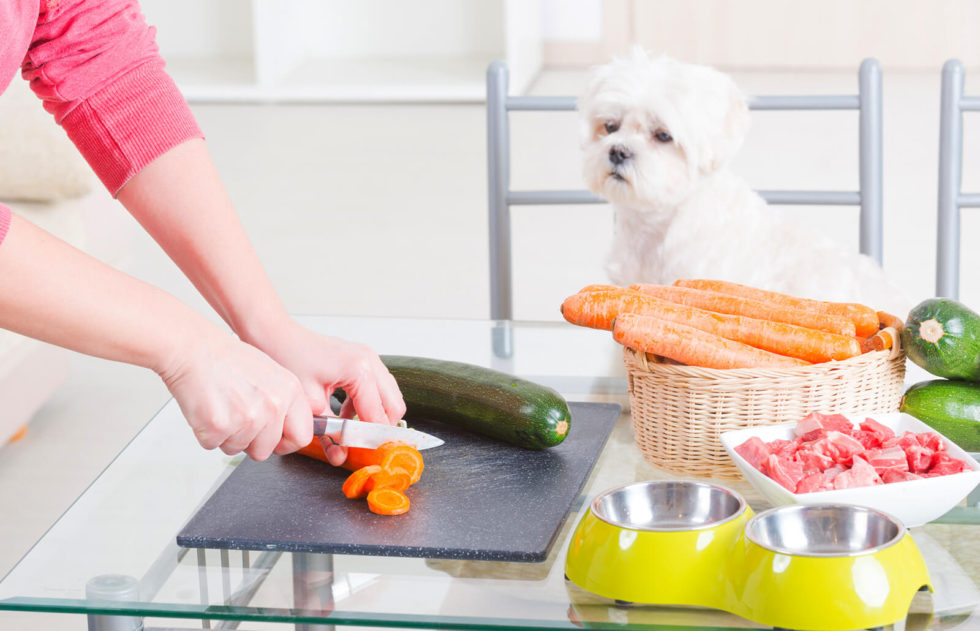
Benefits of Homemade Dog Food
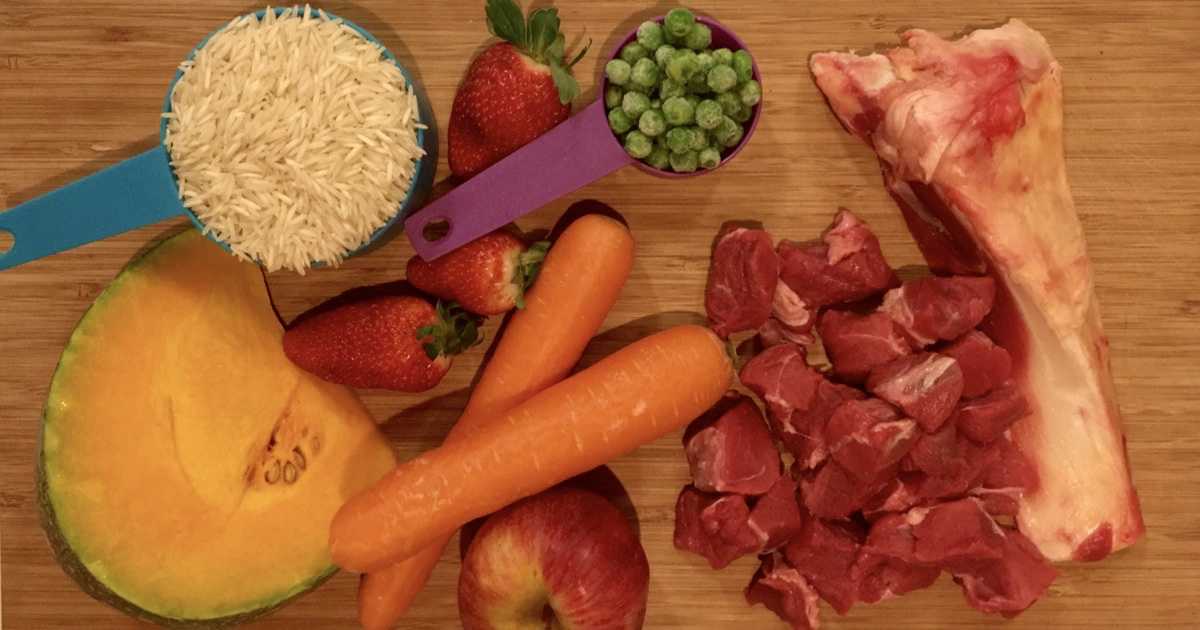
There are many benefits to making homemade dog food. Here are a few of the most notable:
- Controlled ingredients: You can control the ingredients in your homemade dog food, which can help you avoid ingredients that your dog is allergic to or sensitive to.
- Freshness: Homemade dog food is fresh, which means it is more nutritious than store-bought dog food.
- Cost-effectiveness: Homemade dog food can be more cost-effective than store-bought dog food.
- Personalization: You can personalize your homemade dog food to meet your dog's individual needs and preferences.
Drawbacks of Homemade Dog Food
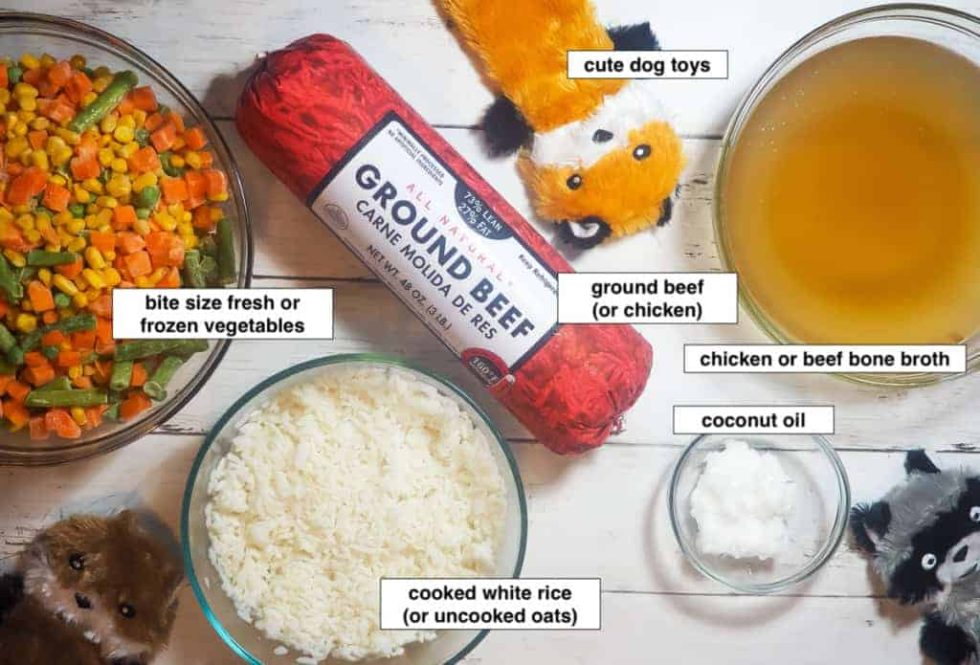

There are also a few drawbacks to making homemade dog food. Here are a few of the most notable:
- Time commitment: Making homemade dog food can be time-consuming. It takes time to prepare the ingredients, cook the food, and store the food.
- Skill level: Making homemade dog food requires some skill and knowledge. You need to know how to cook the food properly and how to balance the ingredients to create a nutritious diet.
- Convenience: Homemade dog food is not as convenient as store-bought dog food. You need to plan ahead and cook the food in advance.

Conclusion

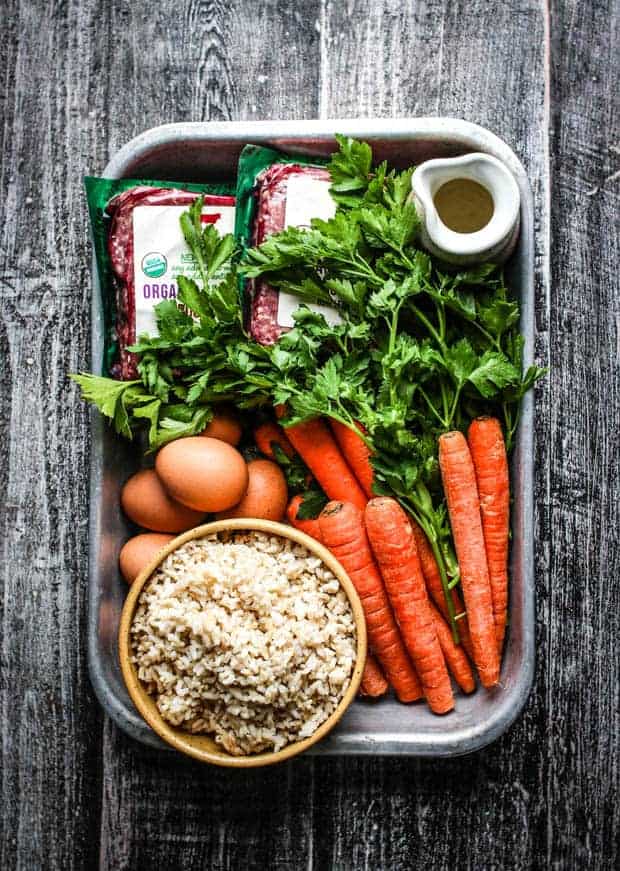
Homemade dog food can be a great way to provide your dog with a healthy and nutritious diet. However, it's important to weigh the benefits and drawbacks before deciding whether or not to make homemade dog food. If you do decide to make homemade dog food, be
Homemade Dog Food Ingredients

When it comes to feeding your dog, there are many different options available. You can choose to feed your dog commercial dog food, which is made in a factory, or you can choose to make your dog's food at home.
If you decide to make your dog's food at home, there are a few things you need to keep in mind. First, you need to make sure that the food you are making is nutritionally balanced for your dog. Second, you need to make sure that the food is safe for your dog to eat.
Nutritionally Balanced Dog Food


When you are making dog food at home, it is important to make sure that the food is nutritionally balanced for your dog. This means that the food should contain the right amount of protein, fat, carbohydrates, vitamins, and minerals.

The exact amount of each nutrient that your dog needs will depend on his or her age, size, and activity level. However, a general rule of thumb is that the food you make should contain the following nutrients:
- Protein: 18-25% of calories
- Fat: 10-15% of calories
- Carbohydrates: 45-55% of calories
- Vitamins: A, D, E, K, B1, B2, B3, B5, B6, B12, biotin, folic acid, pantothenic acid
- Minerals: calcium, phosphorus, magnesium, sodium, chloride, potassium, iron, zinc, copper, manganese, selenium
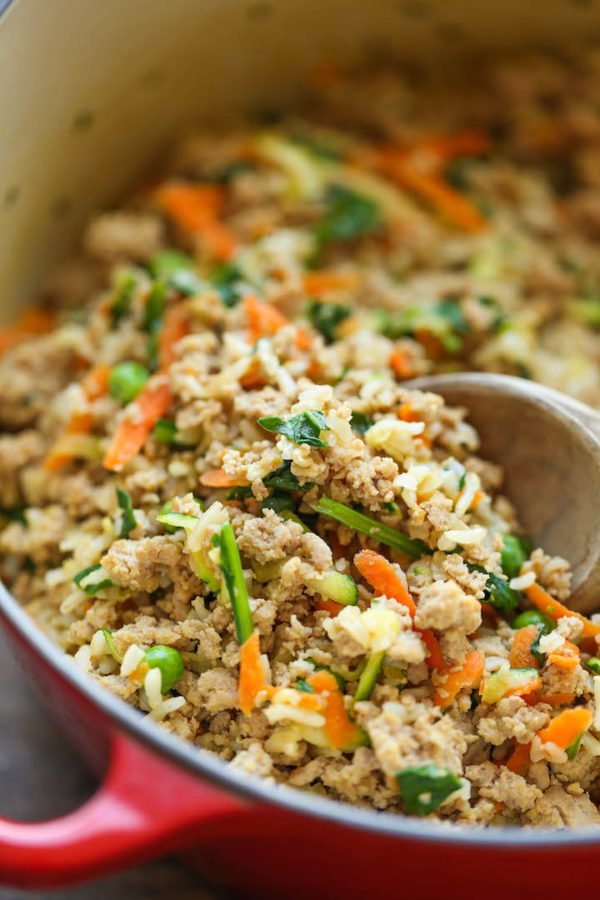

You can find a variety of recipes for homemade dog food online. However, it is important to make sure that you are using a recipe that is nutritionally balanced for your dog.

Safe Dog Food Ingredients
When you are making dog food at home, it is important to use ingredients that are safe for your dog to eat. This means that you should avoid using any ingredients that are toxic to dogs.

Some common ingredients that are toxic to dogs include:

- Chocolate
- Onions
- Garlic
- Grapes
- Raisins
- Macadamia nuts
- Avocado
- Xylitol
You should also avoid using any ingredients that your dog is allergic to. If you are not sure whether an ingredient is safe for your dog to eat, it is best to err on the side of caution and avoid using it.


Tips for Making Homemade Dog Food

If you are new to making dog food at home, there are a few things you can do to make the process easier.
- Start by making a small batch of food. This will help you to get a feel for the process and to make sure that your dog likes the food.
- Use a recipe that is designed for your dog's age, size, and activity level.
- Use fresh, high-quality ingredients.
- Cook the food thoroughly.
- Store the food in an airtight container in the refrigerator or freezer.

Making Homemade Dog Food Can Be a Great Way to Provide Your Dog with a Healthy and Balanced Diet. By Following These Tips, You Can Make Sure That Your Dog Is Getting the Nutrients He or She Needs to Stay Healthy and Happy..
